Community Mini-Grant Spotlight: Planet Detroit
Detroit, MI
How independent journalism is advancing the conversation about PFAS in Metro Detroit
Throughout the year, GLPAN’s 2023 Community Mini-Grants Program funding has been put to use grant awardees worked on their impactful projects around PFAS education, testing, and advocacy! As we support important PFAS work across the region, we are taking time to spotlight each of our 12 awardees and provide an update on their projects and how their work is moving the needle to address the toxic PFAS crisis.
This month, we are shining the spotlight on Planet Detroit, an independent nonprofit local news organization based in Detroit that reports on environmental and public health issues in Southeast Michigan and across the state. In 2023, Planet Detroit received GLPAN funding which helped support their in-depth PFAS reporting to advance the conversation about toxic PFAS and its impacts in Metro Detroit.
Founded in 2019, Planet Detroit emerged to fill a crucial gap in environmental reporting in Michigan. Frustrated by a lack of connection between media coverage and the local impacts of environmental issues, founder and editor Nina Ignaczak sought to highlight grassroots stories often overlooked in favor of institutional narratives. What began as a Substack newsletter has grown into a trusted source for environmental journalism in Metro Detroit, resonating with readers eager to understand how these challenges affect their daily lives.
Among the many issues it reports on, Planet Detroit has dedicated significant resources to reporting on PFAS (per- and polyfluoroalkyl substances) contamination, a complex and widespread issue affecting communities across Michigan. While PFAS contamination has garnered attention at the state level, its local impacts, particularly in Metro Detroit, have often been underreported.
To address these information gaps, Planet Detroit made PFAS data accessible and relatable. They reported on drinking water concerns and on emerging risks, such as PFAS in the air. By focusing on clear explanations and actionable information, Planet Detroit has empowered residents to ask critical questions about their water quality and safety.
“With the help of GLPAN, we have been able to devote more resources and attention to covering the toxic PFAS crisis in Metro Detroit – an area that is being impacted but has not received the same attention as impacted rural communities. Most people in Detroit rely on the Great Lakes Water Authority (GLWA), which claims no PFAS contamination, but testing has revealed levels in some areas that exceed federal guidelines. The challenge is presenting such a complex issue in a way that resonates with readers, and we are already seeing a response from our audience. While policy change takes time, exposing wrongdoing and building awareness are essential first steps.” – Nina Ignaczak, executive editor and founder of Planet Detroit
Beyond financial resources, GLPAN, in collaboration with the Ecology Center, helped connect Planet Detroit with experts, data, and personal stories from impacted communities. This collaboration enabled more robust storytelling, amplifying voices that might otherwise go unheard.
Looking ahead, Planet Detroit remains committed to advancing the conversation about toxic PFAS contamination and ensuring its readers understand how PFAS can impact them. As a leading independent news organization, we are excited to see the impact of Planet Detroit’s PFAS reporting in keeping our communities informed and engaged in the fight against PFAS.
Planet Detroit executive editor and founder Nina Ignaczak.

